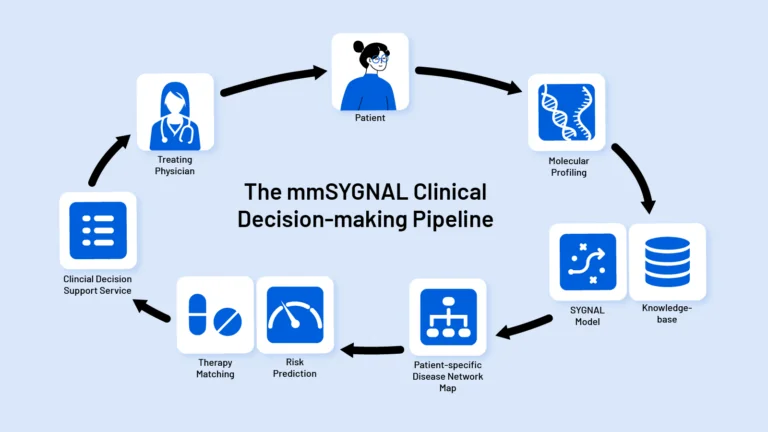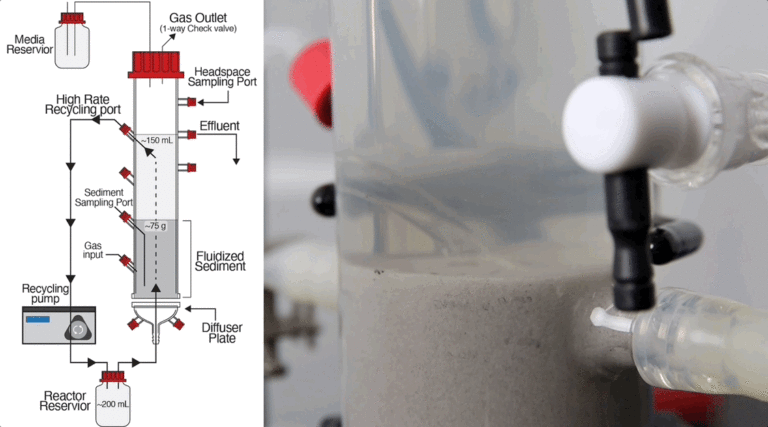
New Model Transforms Multiple Myeloma Risk Prediction
A team of researchers has developed a powerful new tool that could transform how doctors treat multiple myeloma, a complex and often unpredictable blood cancer.
Baliga Lab
Sort

A team of researchers has developed a powerful new tool that could transform how doctors treat multiple myeloma, a complex and often unpredictable blood cancer.

In the March installment of the 2024-25 academic year roundup, we highlight how ISB educators have been active in the local community, and more.

Hussein is only the fourth AmeriCorps member to serve at ISB. In this Q&A, she shares insights into her education, what drew her to ISB, career aspirations, and more.

In the final installment of the 2023-24 academic year roundup, we highlight some of the top projects the ISB Education team is working on. Throughout the summer, the ISB Education team was busy publishing research in a special edition of Connected Science Learning, hosting interns, and much more.

ISB researchers examined representative organisms of two classes of microbes whose interaction contributes to the conversion of more than 1 gigaton of carbon into methane every year. They found that gene mutations selected over a relatively short timeframe in the two microbes led to distinct functions.

Glioblastoma is one of the deadliest and most aggressive forms of primary brain cancer in adults and is known for its ability to resist treatment and to recur. ISB researchers have made breakthrough discoveries in understanding the mechanisms behind acquired resistance, focusing on a rare and stubborn group of cells within tumors called glioma stem-like cells.